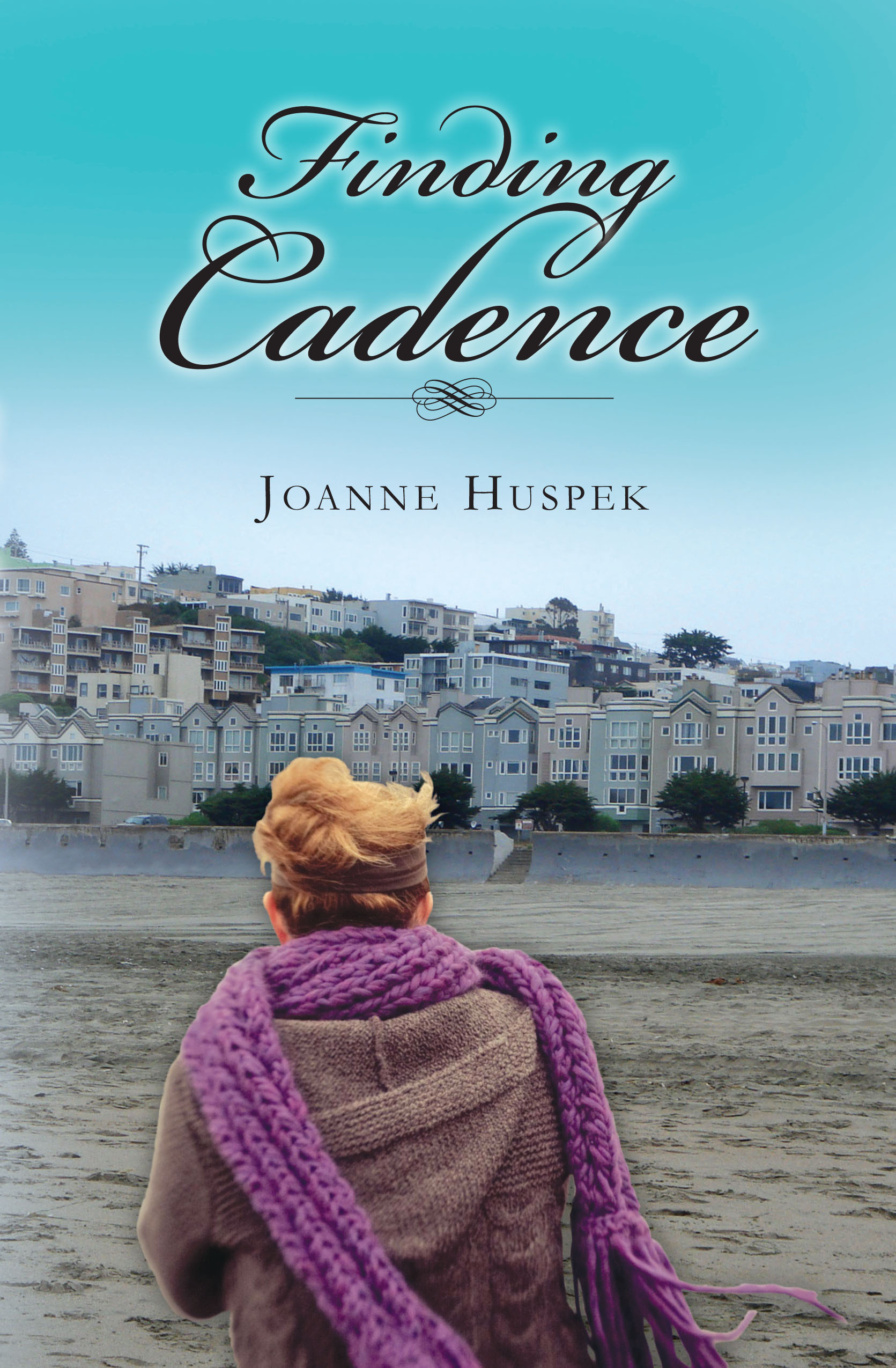You can say many things about Microsoft Word, some of which are kind, others disparaging, but the one GOOD thing is the capability to search your document for certain words or phrases.
Why is this so important?
If you write like I do (right off the top of my head, and like I speak), many troublesome redundancies may appear in your writing that will cause the reader to cringe, become bored, or out-right begin to hate you and your story. I also tend to write as fast as I can, one, to get it all down before I forget – as I am pre-Alzheimery, and two, because my writing time is severely limited.
My speaking voice loves descriptors, or adverbs and adjectives. I’m afraid this was the result of my upbringing. My father tends to lean the same way. He once used the word ‘evidently’ so much, I began using it too. I was once so flowery in small claims court, that the judge admonished me to shut up. (I won, but not before putting a muzzle on my mouth.)
Some writers are completely anti-adverb and anti-adjective. The ‘-ly’ words are devils! Too many petals on your prose makes it purple! While on the subject of punctuation, too many ‘!’ are a no-n0, and italics are to be used sparingly.
For those of you who have met me in the flesh or know me because they are unfortunately related to me, I am a passionate person. When I’m angered, I can go on a tirade that withers most steely men to the consistency of wilted spinach. My peeps, I speak in exclamation points. I dream the thesaurus. I observe the world in super-Technicolor. My spoken voice is littered with italics. When I began to write, I peppered my prose with lots of ‘-ly’ words – thanks to Roget’s – and plenty of exclamation points.
Too many.
The first thing my friend and nag, the Little Fluffy Cat, did when she read my first chapter of my first novel was to tell me to get rid of the prologue. And the adverbs. And the exclamation points. And the dead words, like ‘well,’ ‘huh,’ ‘no.’ And the ‘-ing’ words. Why? If you need to get your point across, show don’t tell. Adverbs are unfortunately telling words. Writers must show. Dead words don’t add to the conversation. Many readers’ eyes won’t register the words at all. Why have them if they’re useless? Prose is stronger without them. ‘-Ing’ words are passive. You want your writing to zing. Take all of this garbage away and you are left with a meaner, cleaner piece of work.
LFC taught me to use the ‘Find’ (and ‘Replace’) feature of Word. With just one click of a button, I can locate where a word is used, and Word also counts the number of times I’ve used it. (I’m so dumb; there is a ‘Find/Replace’ feature?) With that, I eliminated all of my ‘-ly’ words, which deflated the 170K manuscript by about 8K words.
But this was only the beginning.
I personally don’t like seeing the same descriptor in the same paragraph or on the same page. I don’t know why; it just bothers me. As a reader, it’s irritating. As a writer, I think I can do better.
Novel #1 is now down to a reasonable 113K, but in writing, re-writing, and editing, I found the same (annoying/blah/overused) words keep popping up. While in a momentary lull last week, I searched out a few of them. I found 92 instances of ‘family’ were about 72 times too many. I eliminated more ‘well’s’ and ‘mmm’s’ from my dialogue.
So if you, as a writer, are suffering from writer’s block, pull out your manuscript and try the ‘Find’ feature. (Under ‘Editing’ – ‘Find’) Play around with it a little. See if you can eliminate your garbage/fluffy words to make your writing stronger.







